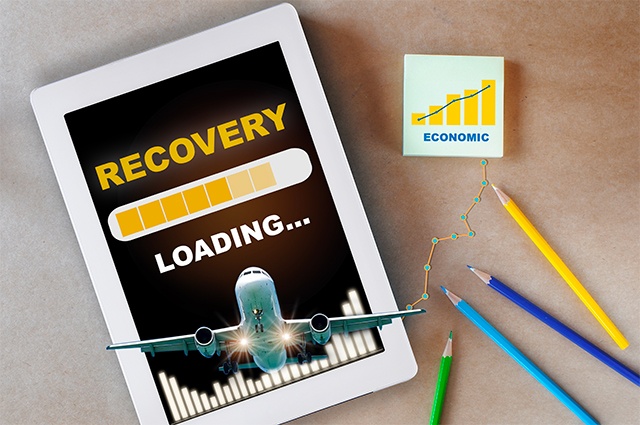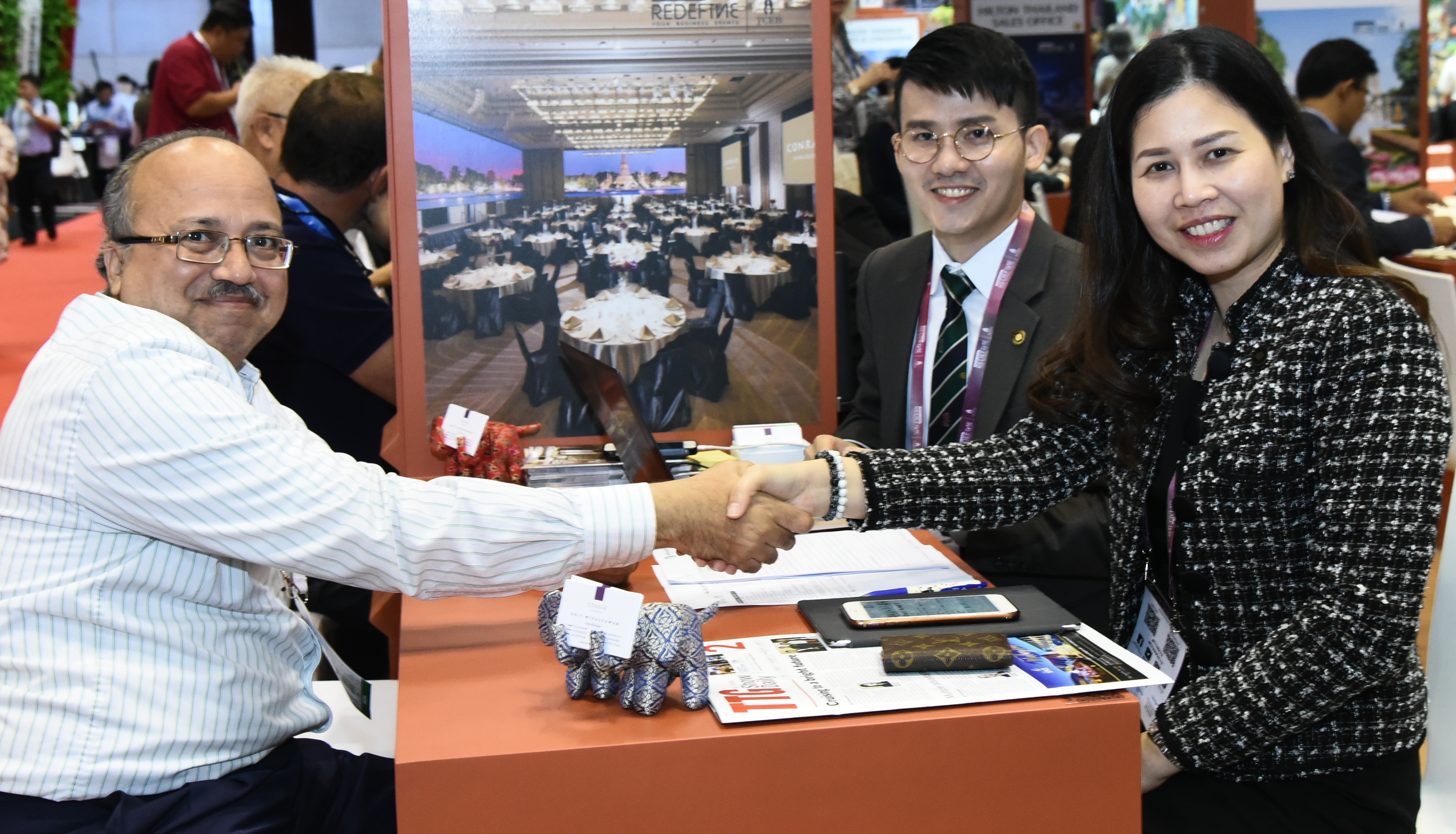
What Event Professionals Should Know For Business Travel Recovery
When the pandemic put the brakes on travel around the globe, business travellers had to make the drastic shift from in-person meetings and events to congregating in virtual spaces on the Internet.
But rising vaccination rates and gradually opening borders are giving event planners hope that face-to-face meetings and events will be able to increasingly take place, albeit on an initial domestic and regional basis.
Adaptability is an event planner’s best asset
To prepare for recovery, event professionals will need to build flexibility into their terms and conditions, and be quick to adapt their business practices in order to succeed in a post-pandemic world.
Mike Williams, senior consultant, GainingEdge, shared: “The marketplace is expected to remain volatile for some time, so MICE planners are becoming more risk adverse and are looking for venues and suppliers that can accommodate fluctuating booking patterns and attendances.”
He also advised planners to be ready for “short-term notice” on events, as corporate and incentives are less likely to commit long-term. “Being responsive to RFPs with short turnaround times will put you in good stead with prospective clients.”
Planners will also need to prepare for new formats, and those that can deliver a comprehensive, well-rounded experience will be able to draw more online attendees, or in-person registrations.“Although everyone is talking about hybrid, it is not a well-defined single type of meeting. While we figure out the new definitions and business models, virtual and in-person events will remain and continue to develop,” said Martin Boyle, CEO of IAPCO.
Boyle opined that one of the challenges would be able to “predict well” both the number of participants attending virtually, as well as in-person.
“Event professionals need to work in concert with their suppliers, to have maximum flexibility and trust during the process… and have the ability to switch between formats in really short times, offering a smooth transition for all involved,” he stated.
While on-site attendance will improve over time, there is a high likelihood that a virtual component will remain indefinitely, thus Williams advises planners to continue to “embrace new technologies and explore commercial opportunities”.
Focus on safety as face-to-face returns

According to SAP Concur’s latest research conducted from April – May 2021, 96 per cent of respondents were willing to travel over the next 12 months, including 65 per cent who are very willing. This indicates that corporates are raring to get back onto the road and attend events in person.
Simone Seiler, general manager, FCM Meetings & Events, noted: “The appetite for business travel and attending events is still incredibly strong with more than 90 per cent of people postponing – rather than cancelling – their flights and event plans, because they fully intend to travel when lockdowns and restrictions are lifted.”
He further observed that while video conferencing is a “good stopgap” during lockdowns, business travellers – such as those in the US – are coming back in “droves” as face-to-face communication is “unbeatable when it comes to winning and retaining business”.
However, the pandemic has changed the business travel landscape for the foreseeable future by creating a heightened risk agenda.
Countless studies have highlighted how safety is increasingly the number one concern for corporate travel where the corporation has a duty of care to its employees, Pádraic Gilligan, managing partner, SoolNua Marketing (a global MICE specialist agency), pointed out.
According to SITE’s Corporate inSITEs White Paper, 50 US-based companies that use incentive travel as a key element in their reward and recognition programme rank safety above all other considerations when it comes to destination selection.
“Safety is considered more important now than destination appeal, infrastructure or value for money, the “traditional” top three criteria for destination selection,” elaborated Gilligan.
Hence, Williams pointed out that it was necessary to “keep prospective clients well informed on a destination’s ability (as well as venues, hotels and suppliers) to host safe events”.
Other factors event planners, he advised, should take note of include the lifting of border restrictions in markets with high vaccination rates, and reciprocal acceptance of passports.
Resiliently moving forward

Although recovery plans are underway globally, the uneven uptake of vaccination in countries, and surfacing of virus variants means that international group travel for congresses and incentives will take longer than expected.
Gilligan observed: “Planning local, national and regional events will be the way for our industry for awhile.”
That is why aligning with a community is crucial at this point, to stay connected, learn from each other’s best practices, and continue to network.
He encouraged: “Faced with these challenges and concerns, it’s never been as important to connect purposefully with your community through membership of global associations like SITE, PCMA, MPI, ICCA and others.”
It’s also necessary to secure government recognition and support in the business travel sector’s recovery efforts.
“The collective voice of the MICE industry needs to present a compelling business case as to how MICE can provide a platform to help stimulate economic recovery across all industry sectors,” Williams stated.
Business travel events will certainly help “lead the wider economic recovery because corporate invest in travel spend is good for local economies” as it includes spending on transport, restaurants and hotels, agreed Seiler.
Global associations IAPCO and SITE are among the knowledge content partners sharing latest insights on the future of business travel and trends for 2021 and beyond at the upcoming IT&CM Asia and CTW Asia-Pacific taking place virtually from 28 to 30 September 2021.
Registration is free for eligible MICE, Association and Corporate buyers who also stand to earn cash vouchers and attractive prizes from the event’s best-in-industry incentive scheme.
You can also catch recent knowledge sessions by Gaining Edge, FCM Meetings & Events, and more at IT&CM China and CTW China virtual that took place in June 2021.




